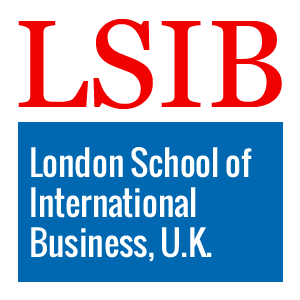Advanced Skill Certificate in Digital Humanities and Data Science
Published on June 24, 2025
About this Podcast
HOST: Welcome to our podcast, today we're talking with an expert about the Advanced Skill Certificate in Digital Humanities and Data Science. Can you tell us a bit about this course? GUEST: Absolutely, this course bridges the gap between traditional humanities research and computational methods. It covers text mining, network analysis, geospatial technologies, data visualization, and programming languages like Python. HOST: That sounds fascinating! How have you seen these skills applied in real-world situations? GUEST: Well, text mining can help analyze large volumes of text data in literature or historical documents. Network analysis can reveal hidden patterns in social networks or cultural interactions. And geospatial technologies can map out historical events or cultural phenomena across geographical spaces. HOST: It's clear how powerful these tools can be. But what challenges have you faced while learning or teaching this subject? GUEST: The biggest challenge is the interdisciplinary nature of the field. Humanities scholars may not have a strong background in computational methods, while data scientists may not be familiar with humanities research. Bridging that gap can be challenging but also rewarding. HOST: That's a great point. And what do you think the future holds for this area of study? GUEST: I think we'll continue to see more integration of computational methods into humanities research. There's also a growing interest in ethical considerations around data science, so I expect that to be a big part of the conversation moving forward. HOST: Thank you for sharing your insights with us today. It's exciting to think about the possibilities in this field. GUEST: My pleasure. It's an exciting time to be working in digital humanities and data science, and I'm looking forward to seeing where it goes.
